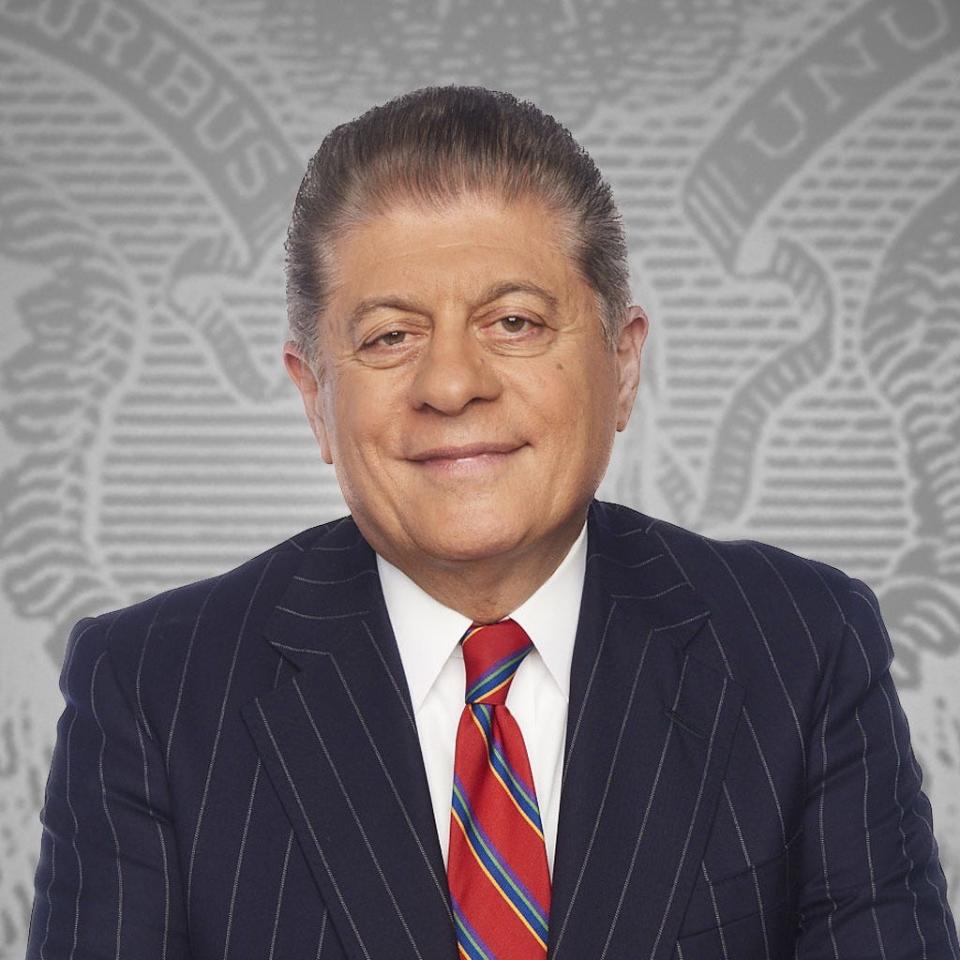Among the lesser-known holes in the Constitution cut by the Patriot Act of 2001 was the destruction of the “wall” between federal law enforcement and federal spies. The wall was erected in the Foreign Intelligence Surveillance Act of 1978, which legally limited all federal domestic spying to what was authorized by the Foreign Intelligence Surveillance Court.
The wall was intended to prevent law enforcement from accessing and using data collected by US domestic intelligence agencies.
Government spying is rampant in the US, and the feds are regularly involved as part of law enforcement's well-known antipathy to the Fourth Amendment. Last week, the FBI admitted as much when it raided the home of former UN chief weapons inspector Scott Ritter. Scott is a brave and gifted former Marine. He is also a fierce and articulate anti-war warrior.
Here's the backstory.
After President Richard Nixon resigned from the presidency, Congress investigated his use of the FBI and CIA as domestic spy agencies. Some of the espionage was on political dissidents and others on political opponents. None of this was legal.
What is legal espionage? The modern Supreme Court has made it clear that domestic spying is a “search” and the acquisition of data from a search is a “seizure” within the meaning of the Fourth Amendment. This amendment requires a warrant issued by a judge based on probable cause of a crime presented under oath to the judge for a search or seizure to be lawful. The amendment also requires that all search warrants specifically describe the place to be searched and the person or thing to be seized.
The language of the Fourth Amendment is the most precise in the Constitution because of colonial distaste for British general orders. A secret court in London issued a general warrant to British agents. General warrants did not require probable cause, only “governmental necessity.” This, of course, was no standard, as whatever the government wants it will claim it needs.
General orders authorized government agents to search wherever they wanted and seize whatever they found, in other words, to participate in fishing expeditions.
FISA required all domestic spying to be authorized by the new secret FISA court. Congress then unconstitutionally lowered the criminal probable cause standard for the FISA Court to probable cause to speak with a foreign agent and allowed the FISA Court to issue blanket warrants.
However, the FISA compromise that was designed to attract congressional votes was the wall. The wall prohibited all data obtained from surveillance conducted pursuant to a FISA warrant from being shared with law enforcement.

So, if a Russian embassy janitor was really an intelligence agent who distributed illegal drugs as bait to get Americans to spy on him, no phone evidence of his drug dealing could hand over to the FBI.
The purpose of the wall was not to protect foreign agents from domestic criminal prosecutions; it was to prevent US law enforcement from violating personal privacy by spying on Americans without search warrants.
Fast forward to the weeks after 9/11 when, without serious debate, Congress enacted the Patriot Act. It removed the wall between law enforcement and espionage. And in 2001, the FISA Court had single-handedly lowered the standard for issuing a probable cause search warrant to speak with a foreign agent to probable cause to speak with a foreign person. This was also illegal and unconstitutional.
More Napolitano: Khalid Sheikh Mohammed and the problem of torture
The language that removes the wall sounds benign, requiring that the purpose of the spying must be national security and that criminal evidence discovered, if any, must be accidental or inadvertent. In January 2023, the FBI admitted that it intentionally uses the CIA and NSA to spy on Americans about whom it has neither probable cause for crime nor even an articulable suspicion of criminal behavior.
Articulated suspicion is the key to starting all criminal investigations. Without arousing suspicion, we return to the fishing expeditions.
The FBI's admission that it uses the CIA and NSA to spy on it came in the form of a 906-page FBI rulebook written during the Trump administration, released to federal agents in 2021 and released to Congress last year.
When FBI agents searched Ritter's home in upstate New York last week, in addition to trucks, guns, a SWAT team and a bomb squad, they arrived with two years' worth of hard copies of emails and texts from Ritter that they obtained without a search warrant. . To do this, they either hacked into Ritter's electronic devices—a crime—or trusted their cousins, the CIA and NSA, to do it, also a crime.
But the CIA charter prohibits its employees from engaging in domestic surveillance and law enforcement. However, we know that the CIA is physically or virtually present in all 50 states of the United States. And the NSA is forced to go to the FISA Court when it wants to spy. We know this is also a sham, as the NSA regularly captures every keystroke enabled on every mobile device and desktop computer in the US, 24/7, without justification.


The search warrant for Ritter's home specified only electronic devices, of which he had three. However, the 40 FBI agents stole a truckload of materials from him, including his notes from his years as a UN inspector in the 2000s, a draft of a book he is in the middle of writing, and some of his wife's personal property.
The invasion of Scott Ritter's home was a perversion of the Fourth Amendment, a criminal theft of his private property, and an effort to silence his free speech. But it wasn't surprising. This is what federal law enforcement has become today. The people we hired to protect the Constitution are destroying it.
Andrew P. Napolitano, a former New Jersey Superior Court judge, has published nine books on the US Constitution. For more information, visit JudgeNap.com.
This article originally appeared in the New Jersey Herald: The FBI 'visits' Scott Ritter
